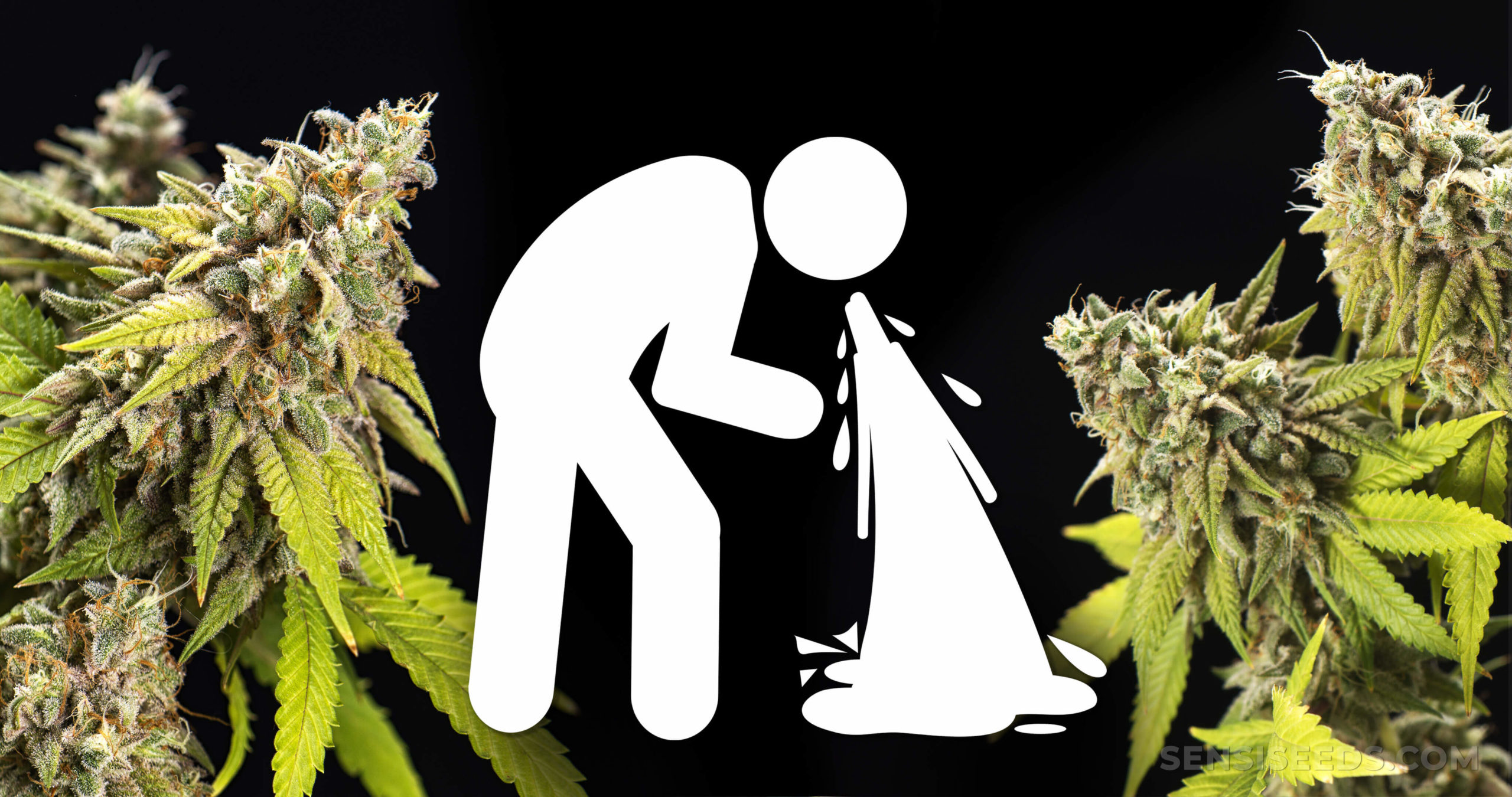The relationship between cannabis and Christianity can be complex and varies widely depending on the interpretation of religious texts and the beliefs of different Christian denominations and individuals. Here are some key points to consider:
- Historical use: Cannabis has a long history of medicinal, recreational, and religious use dating back thousands of years. Some scholars argue that cannabis was used in religious rituals and ceremonies in ancient times, including within certain ancient Christian sects.
- Biblical references: The Bible does not specifically mention cannabis by name. However, some proponents of cannabis use in a religious context point to certain verses that mention “herbs” or “plants” without specifying which ones. One such verse often cited is Genesis 1:29, where God grants all seed-bearing plants for food.
- Interpretations and denominational differences: The Christian community’s views on cannabis vary widely. Some Christian groups and individuals are strongly opposed to any use of cannabis, considering it a mind-altering substance that can lead to moral and spiritual degradation. Others take a more permissive stance, arguing that moderate cannabis use, similar to moderate alcohol consumption, can be acceptable. There are even some Christian denominations and groups that embrace cannabis as part of their religious practices, although they are in the minority.
- Legal considerations: The legality of cannabis use varies from country to country and even within different states or regions. Christians living in places where cannabis is legal may still have personal and moral considerations to take into account when deciding whether to use it.
- Personal beliefs: Ultimately, the use of cannabis is a personal choice that should be made in line with an individual’s own conscience, moral values, and respect for the laws of their land. Christians, like followers of other faiths, have diverse opinions on this matter.
In summary, there is no singular Christian stance on cannabis use. Views on this issue are shaped by individual beliefs, cultural norms, interpretations of religious texts, and the specific Christian denomination to which one belongs. It is essential for individuals to seek guidance from their religious leaders and make informed decisions that align with their own values and understanding of their faith.



